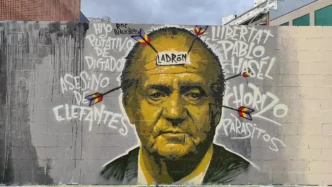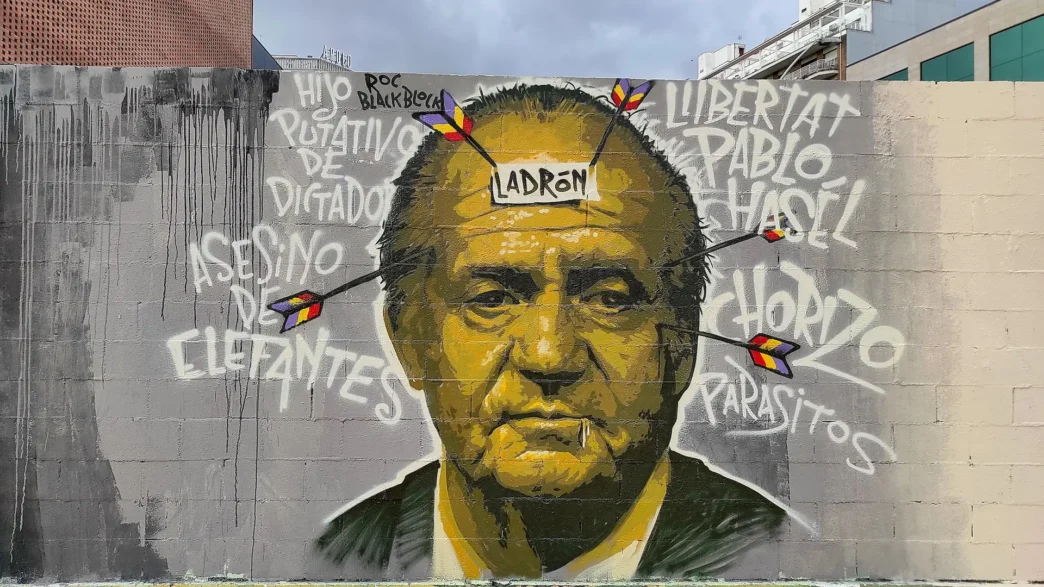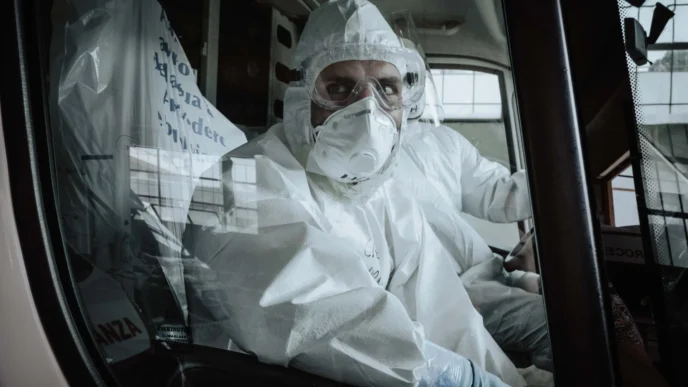In a highly anticipated and deeply personal revelation, Spain’s former monarch Juan Carlos I opens up in his forthcoming memoir Reconciliación, offering an unfiltered account of his rise, reign, and self-imposed exile in Abu Dhabi.
Set for publication in France on November 5, and later in Spain, the book arrives amid renewed scrutiny of the Spanish monarchy, reviving questions about power, legacy, and moral responsibility.
A Monarch Reflects — Yet Remains Entangled in His Past
Reconciliación portrays Juan Carlos as a conflicted figure: a king who helped guide Spain from dictatorship to democracy, yet who admits he was “never truly free.”
“At the end, my life has been dictated by the demands of Spain and the throne,” he writes, according to excerpts published in French media.
He confesses to “many weaknesses and errors of judgment in love and friendship,” to keeping “bad company,” and to accepting “gifts that some may deem inappropriate.”
Juan Carlos says he wrote the memoir to reclaim control of his story:
“My father always advised me not to write memoirs… Their secrets remain buried in the shadows of palaces. Why disobey him? Because I have the feeling my story is being stolen from me.”
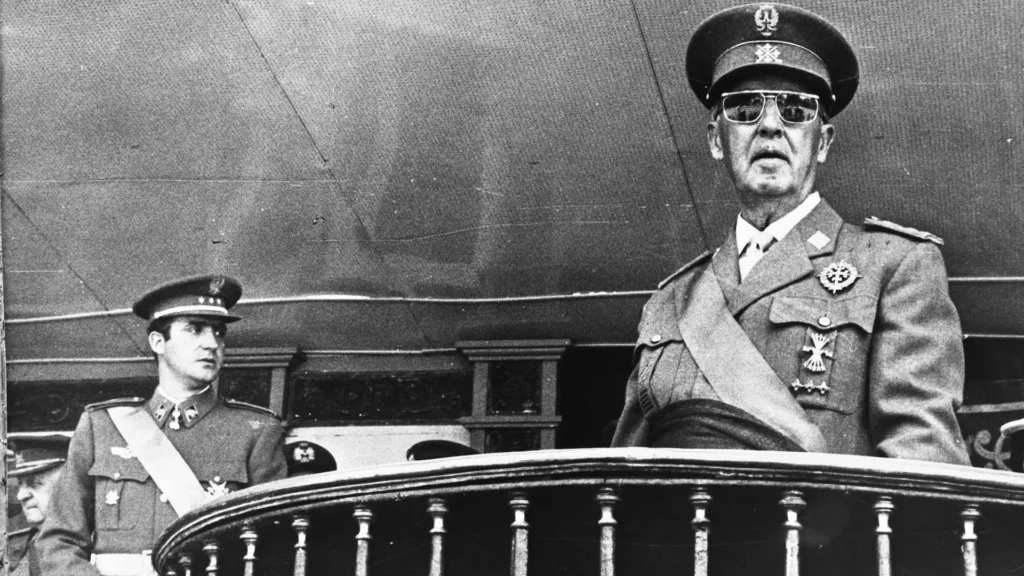
From Franco’s Successor to the Architect of Transition
Among the most divisive passages is Juan Carlos’s praise for Francisco Franco, the dictator who appointed him as successor.
He credits Franco with granting him “freedom to act” as king — a remark that has reignited debate in Spain.
“Why lie if it was he who made me king … and, in reality, did so to create a more open regime?” he writes, describing a “paternal” bond with the dictator.
Juan Carlos also revisits the failed coup d’état of February 23, 1981, claiming there were “three coups” and naming his once-trusted general Alfonso Armada as a betrayer.
“He convinced the generals he was speaking on my behalf,” the former king recalls.
The $100 Million Saudi Gift That Shattered His Image
Perhaps the most explosive revelation concerns the $100 million transfer Juan Carlos received from the late King Abdullah of Saudi Arabia — a payment he now calls a “grave mistake.”
“It was a gift I did not know how to refuse,” he tells Le Monde.
Investigations in Switzerland and Spain traced the funds through Swiss and Bahamian accounts, but no charges were filed due to royal immunity and expired statutes of limitation.
Juan Carlos maintains that it was “a gesture of generosity between monarchies,” meant to “provide for my family and secure my retirement.” Yet, he concedes that the episode tarnished his reputation and hastened his retreat from public life.
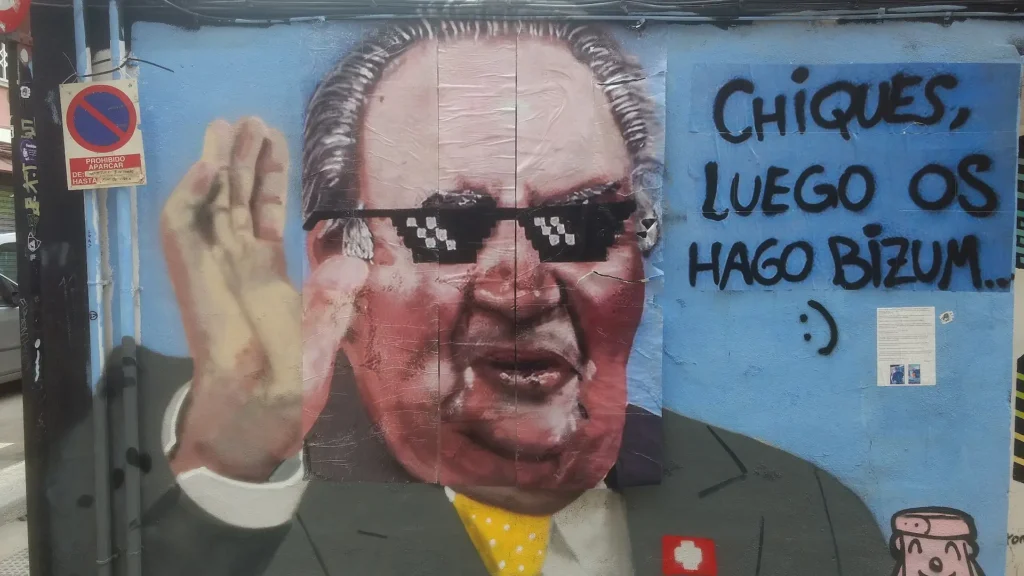
A Fractured Royal Family and Life in Exile
In deeply emotional passages, Juan Carlos writes of loneliness and estrangement. He feels “abandoned and wounded” by his family, lamenting that Queen Sofía has never visited him in Abu Dhabi, though his daughters Elena and Cristina have.
He expresses admiration for his son King Felipe VI as monarch but disappointment in him as a son:
“My son turned his back on me out of duty,” he writes, describing the emotional toll as “immense.”
On Queen Letizia, he refers to a “personal disagreement” that strained family harmony.
Recalling his sudden departure in 2020, Juan Carlos writes:
“My son called me when he learned I had left. I was already on the plane. ‘Where are you going, jefe? To London?’ — ‘No, to Abu Dhabi.’ — ‘Take care,’ he said.”
He explains that he chose self-exile to protect the Crown and spare his son’s reign from further scandal.
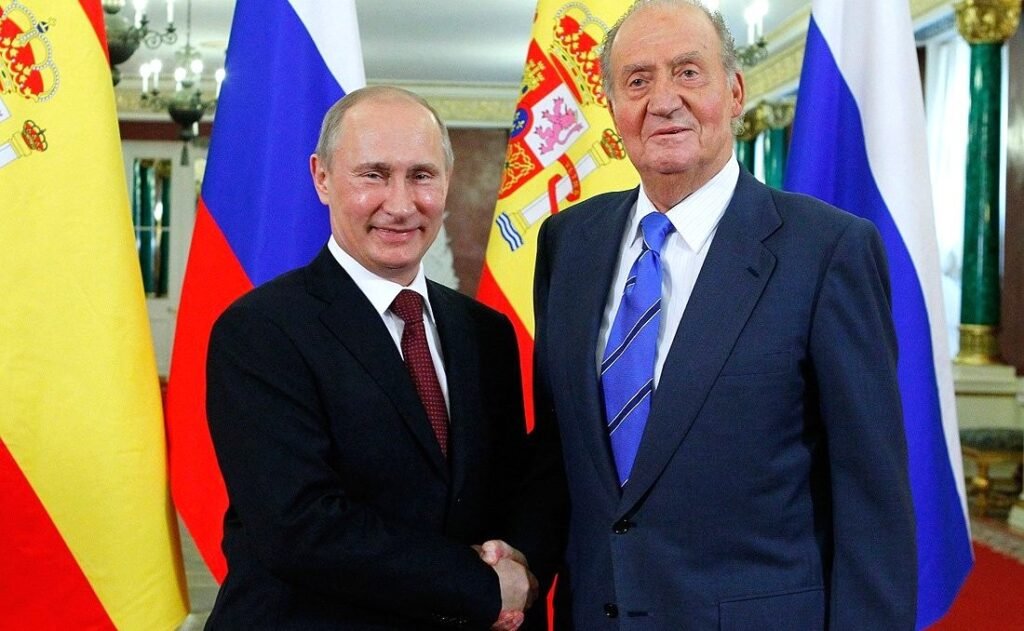
Legacy and the Monarchy’s 50th Anniversary
The memoir’s release coincides with the 50th anniversary of Spain’s restored monarchy under King Felipe VI. What could have been a celebration has instead been overshadowed by Juan Carlos’s renewed visibility and the controversies he revisits.
Inside La Zarzuela Palace, some aides reportedly view his timing as unfortunate. Still, Juan Carlos insists that Spain’s democracy “did not fall from the sky.”
“I gave freedom to the Spanish people by restoring democracy, but I was never able to enjoy that freedom myself,” he laments.
What Lies Ahead
Whether Reconciliación will heal old wounds or reopen them remains uncertain. Juan Carlos expresses hope for “a quiet retirement,” “reconciliation with my son,” and the chance to return home to Spain.
With over 500 pages of confession and reflection, the memoir may reshape the conversation around the monarchy’s role in modern Spain — and how the nation comes to terms with the complex legacy of its former king.
For Juan Carlos, it stands as one last act of self-justification — and perhaps, of reconciliation.
Information Source:
Photo Attribution:
Vladimir Putin and King Juan Carlos I of Spain (19 July 2012) — Author: Presidential Press and Information Office / www.kremlin.ru. Licensed under Creative Commons Attribution 4.0 International (CC BY 4.0) via Wikimedia Commons
Mural censurat “Borbó – lladrón” (Barcelona, 7 Feb 2021) — Photographer: Roc Blackblock; licensed under Creative Commons Attribution-ShareAlike 4.0 International (CC BY-SA 4.0) via Wikimedia Commons
“Juan Carlos Bizum 3.jpg” (mural on Juan Carlos I of Spain) — Author: Francesc Fort. Licensed under Creative Commons Attribution-ShareAlike 4.0 International (CC BY-SA 4.0) via Wikimedia Commons
In Madrid is herdacht dat Franco 30 jaar geleden de burgeroorlog (1936-1939) won – Bestanddeelnr 922-4913 (cropped) — Source: Nationaal Archief / Anefo. Public domain (CC0 1.0 Universal). Available via Wikimedia Commons.
 English
English Español
Español